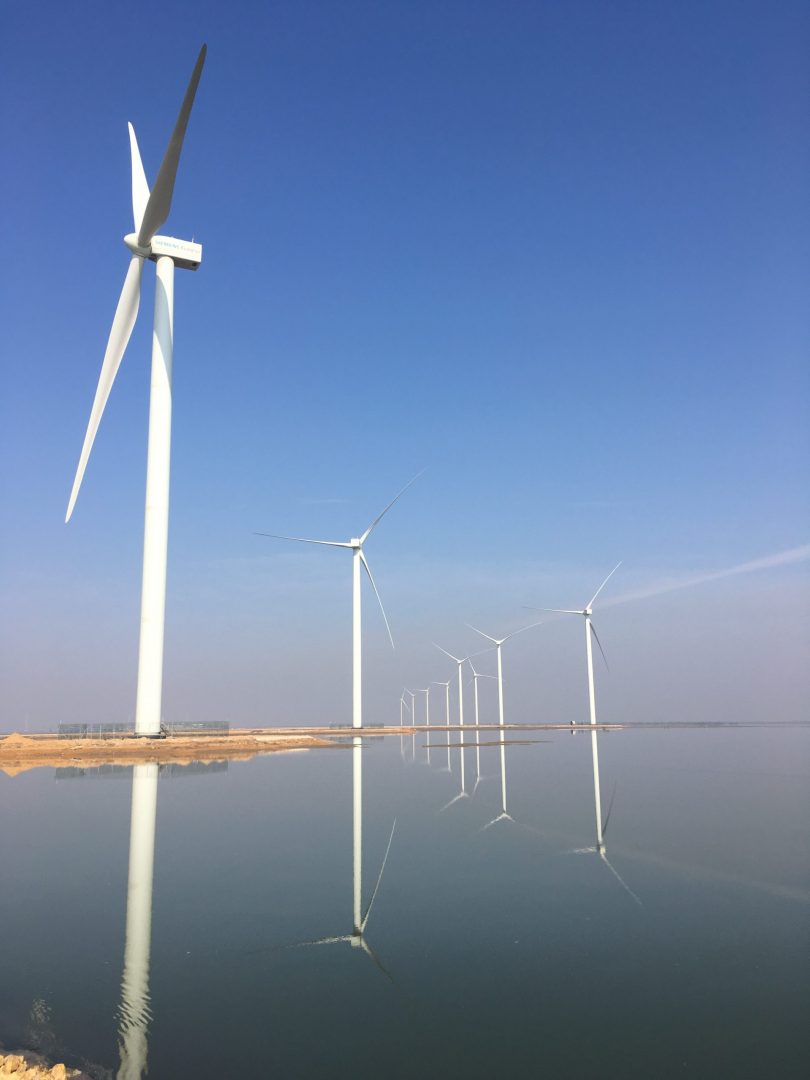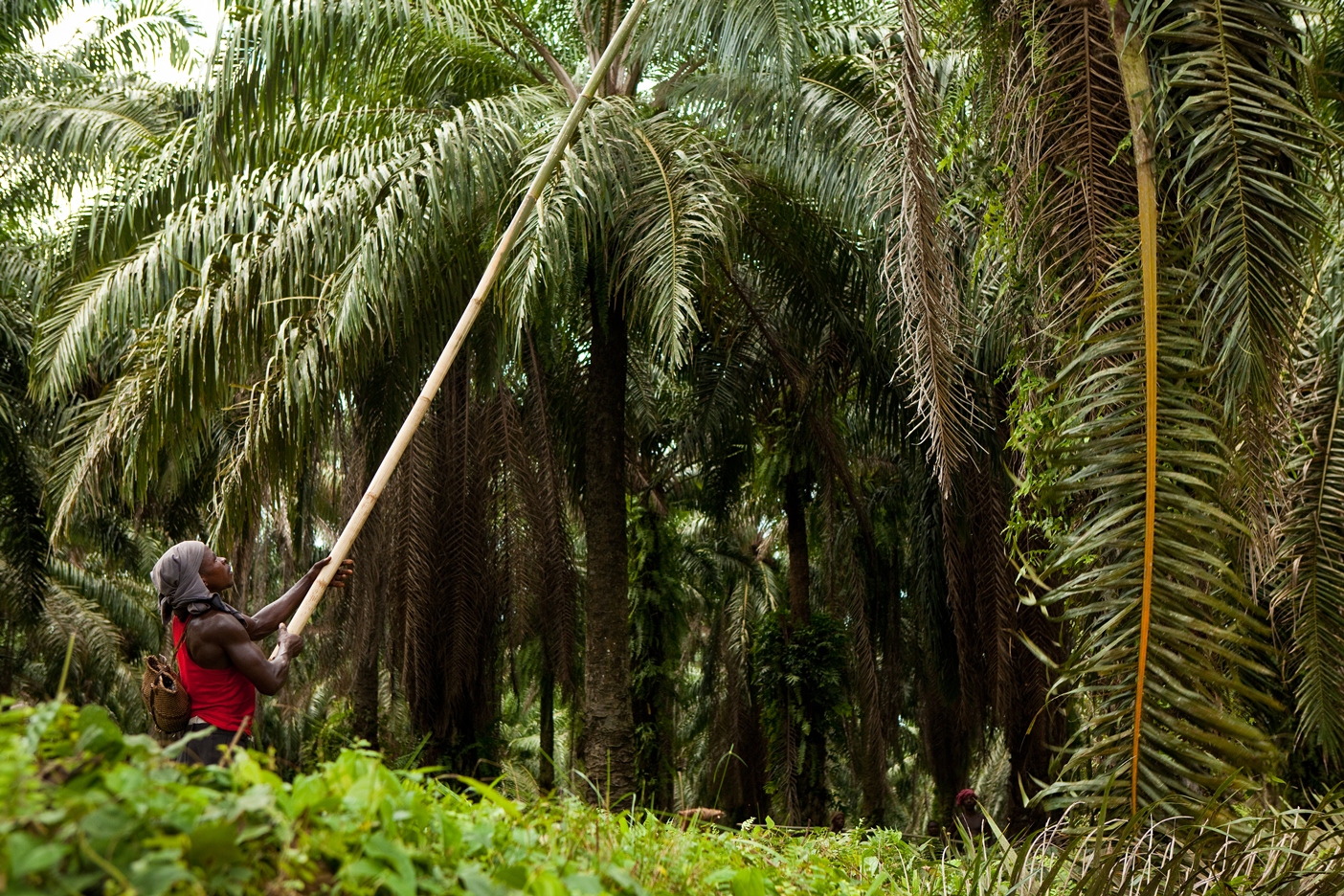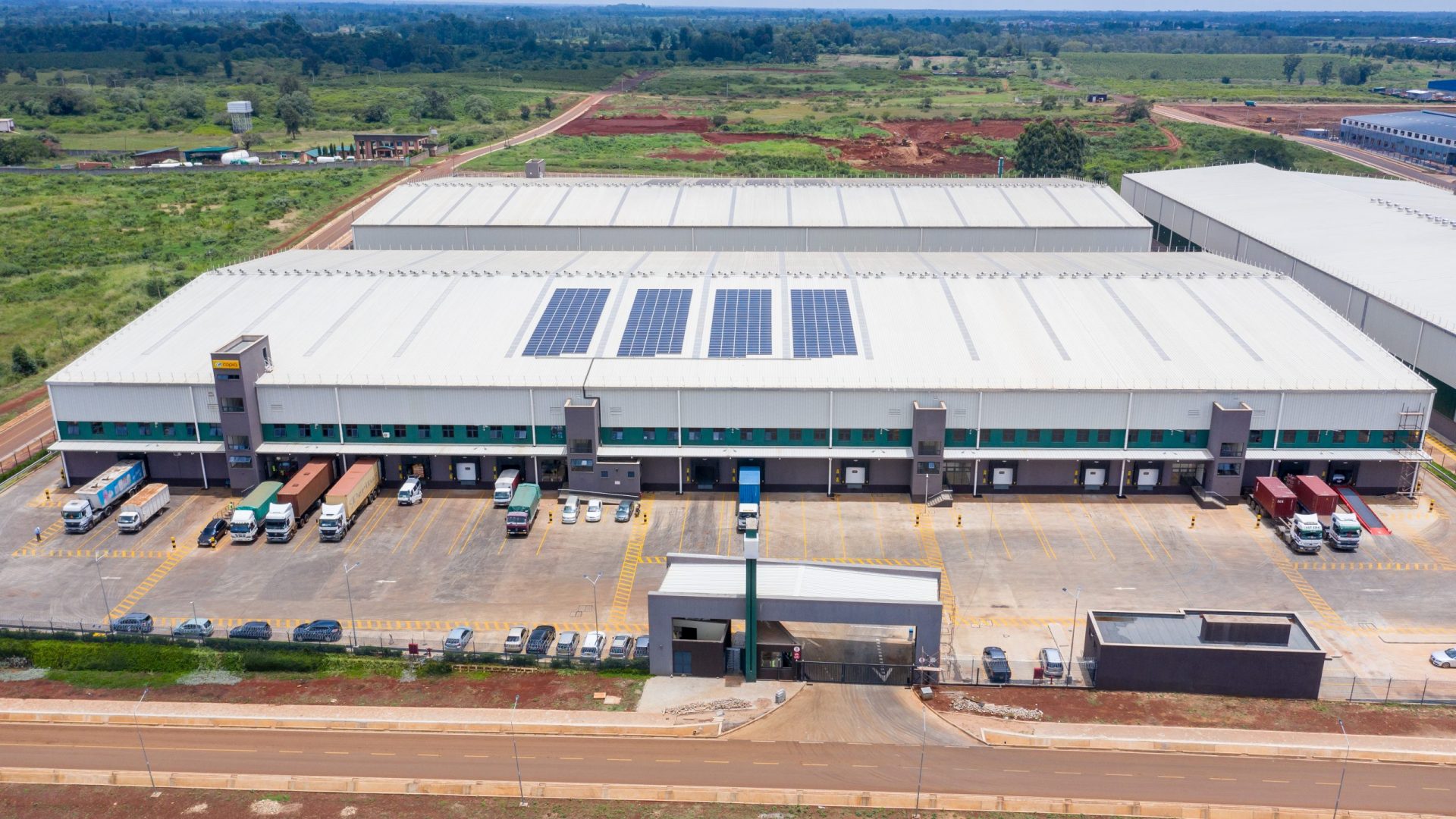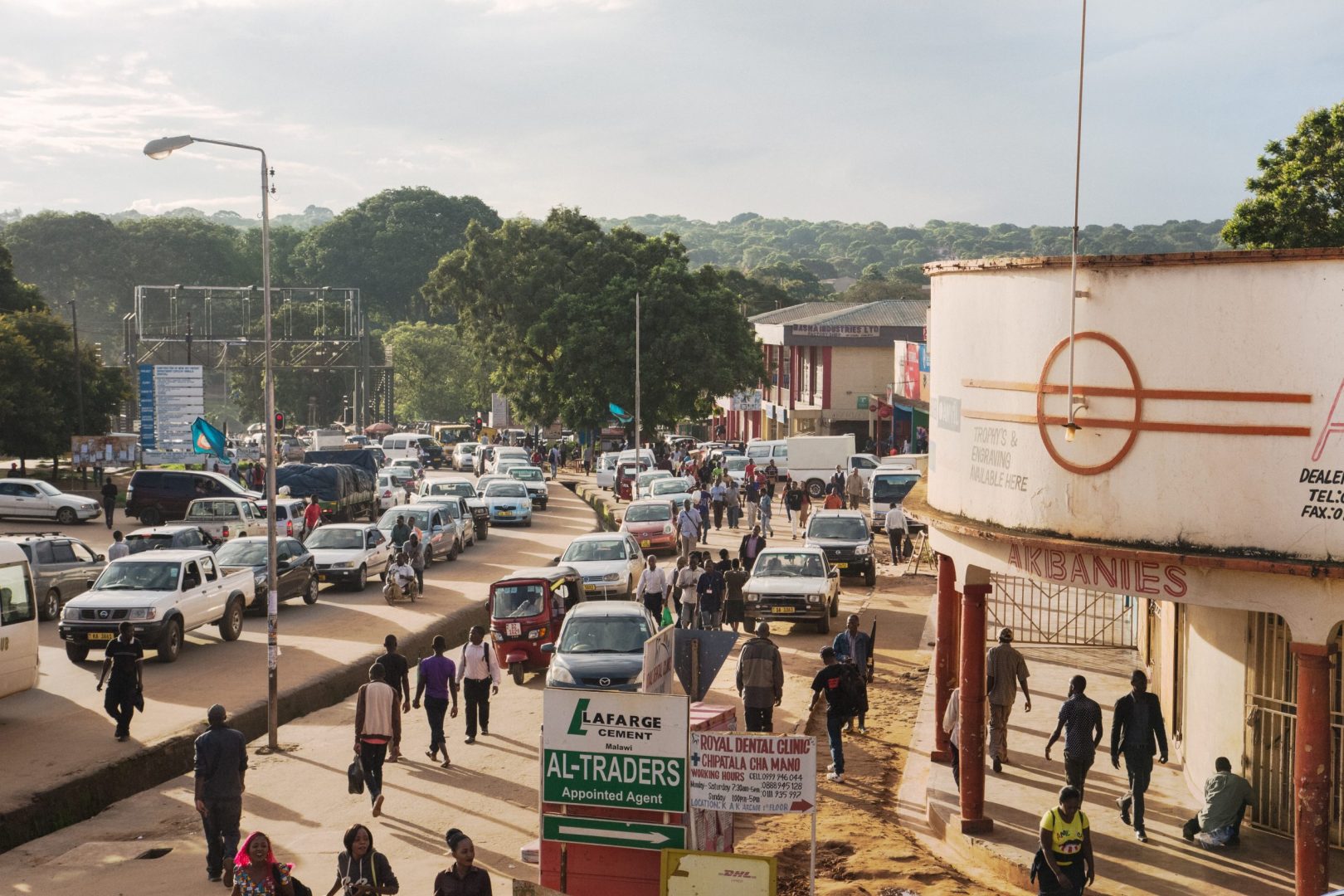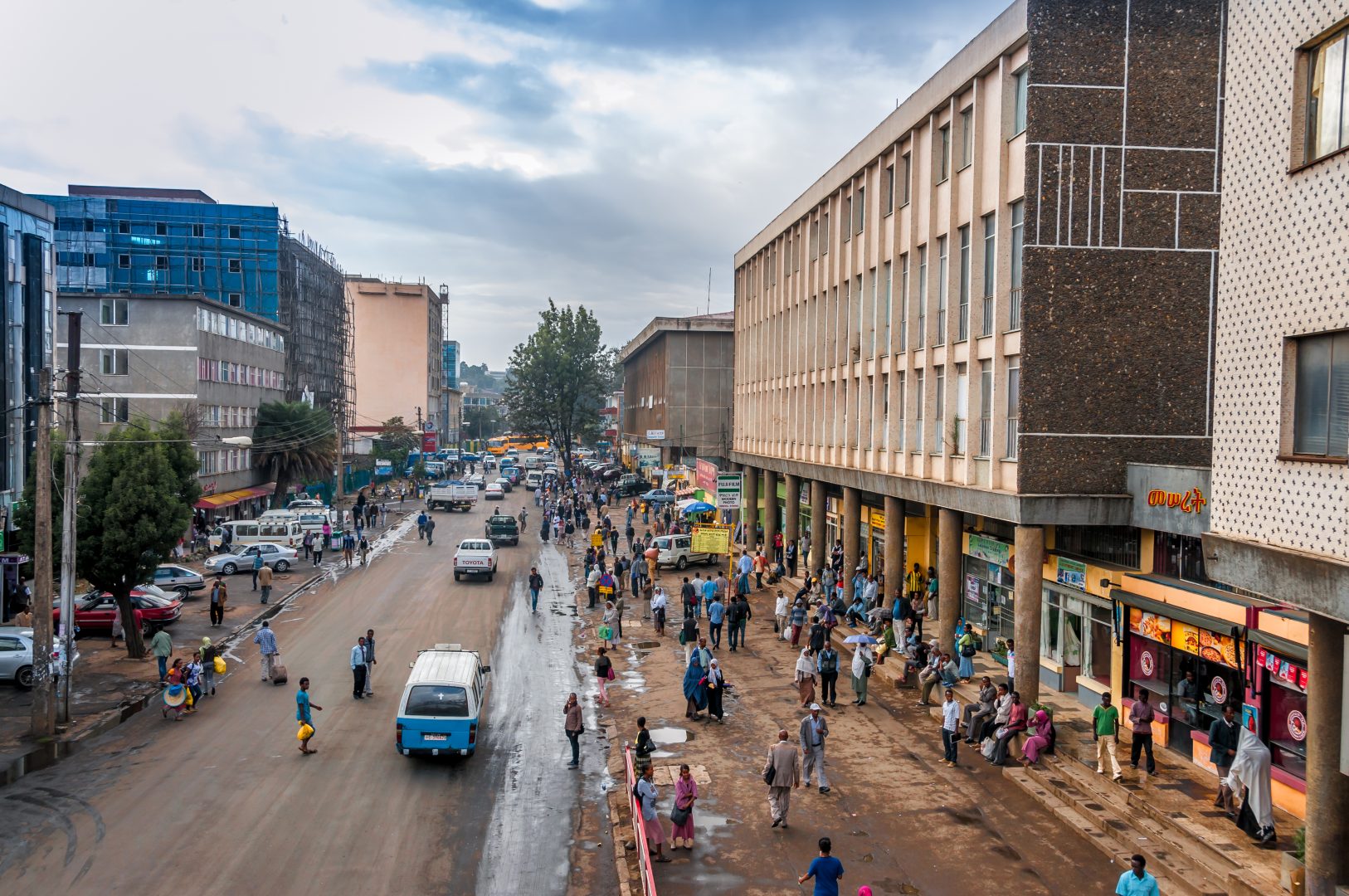Unreliable power supply through the electricity grid is a major challenge in Nigeria, as in many of the emerging markets where we invest, and alternative energy sources are often needed to meet basic electricity needs.
One of our investee companies, Lumos, is an off-grid solar company that offers access to affordable and reliable electricity to homes and businesses in Nigeria and Cote d’Ivoire through its solar home systems. Its customers receive a rooftop solar panel and an indoor battery unit, and make monthly payments through their mobile phones, enabling them to power lights, phones, computers, small TVs, and other devices.
We wanted to find out more about how Lumos is helping to improve its customers’ quality of life and build opportunities for income generation. So we commissioned a new Insight study, ‘What is the impact of solar home systems in Nigeria’ to explore these issues. The research, led by 60 Decibels in collaboration with CDC, involved interviews with over 600 customers in 34 states across Nigeria.
What did we find out?
Firstly, we wanted to understand more about what Lumos customers were experiencing before accessing power through the solar home system. According to the study, 78 per cent of Lumos customers were connected to grid electricity but experienced unreliable or inadequate service (99 per cent of these customers said they regularly experienced power outages), with 69 per cent using generators. These figures reduced slightly over time after accessing Lumos as an alternative energy source.
One clear finding is that Lumos’ systems are highly valued by its customers, particularly for those without alternatives. 88 per cent of all customers say their quality of life has improved because of the solar home system, with 48 per cent of customers saying it has ‘very much improved’ due to improved reliability and quality of energy for lighting and phone charging. Compared to those with grid access, off-grid customers were more likely to say they relied on their home system and that it helped improve their quality of life.
Whilst the study found many of Lumos’ customers are estimated to live below the poverty line (based on the World Bank’s $3.20 a day definition), it also found that the company’s customers in Nigeria are generally better off and better educated than the average citizen in the country. The study also found that some customers were using this new access to power for business activities – 19 per cent of customers report using the Lumos solar home system for income-generating activities, and 80 per cent of them report that their income has increased as a result.
Customers also offered some feedback on how Lumos could improve its products and services. These suggestions included offering a larger system with more power and battery capacity, different pricing options, and lower prices. Lumos is already addressing some of these issues by expanding its range of products to offer more options for customers with different needs. More collaboration between donors, governments and investors will be needed to both support these companies to expand their reach to the poorest customers as well as achieving the long-term growth and sustainability of the sector.
This Insight study is the latest in our efforts to understand the impact of the off-grid solar sector, and what more can be done to increase this impact. We recently explored some of these issues with a wider range of off-grid solar companies in a CDC-sponsored report by 60 Decibels, ‘Why off-grid energy matters’. The report aggregates data from nearly 35,000 customer interviews of 49 off-grid solar companies across 17 countries, including nine of our investee companies.


